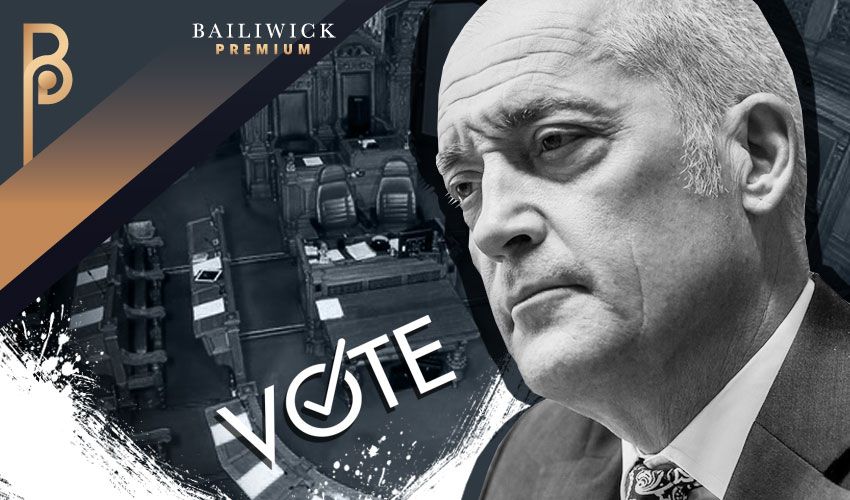


This is not the story of a man that pulled off a £500,000 coup – but a Government that walked into a crisis which almost toppled the Chief Minister, with its eyes wide open.
When he took on Jersey’s top job, Charlie Parker found himself in a position of unprecedented power combined with a not-fit-for-purpose disciplinary process.

Read this member-only article for free
Log in or create a FREE AIM account now to read this story, comment on articles and enjoy newsletters from our other titles.
Comments
Comments on this story express the views of the commentator only, not Bailiwick Publishing. We are unable to guarantee the accuracy of any of those comments.